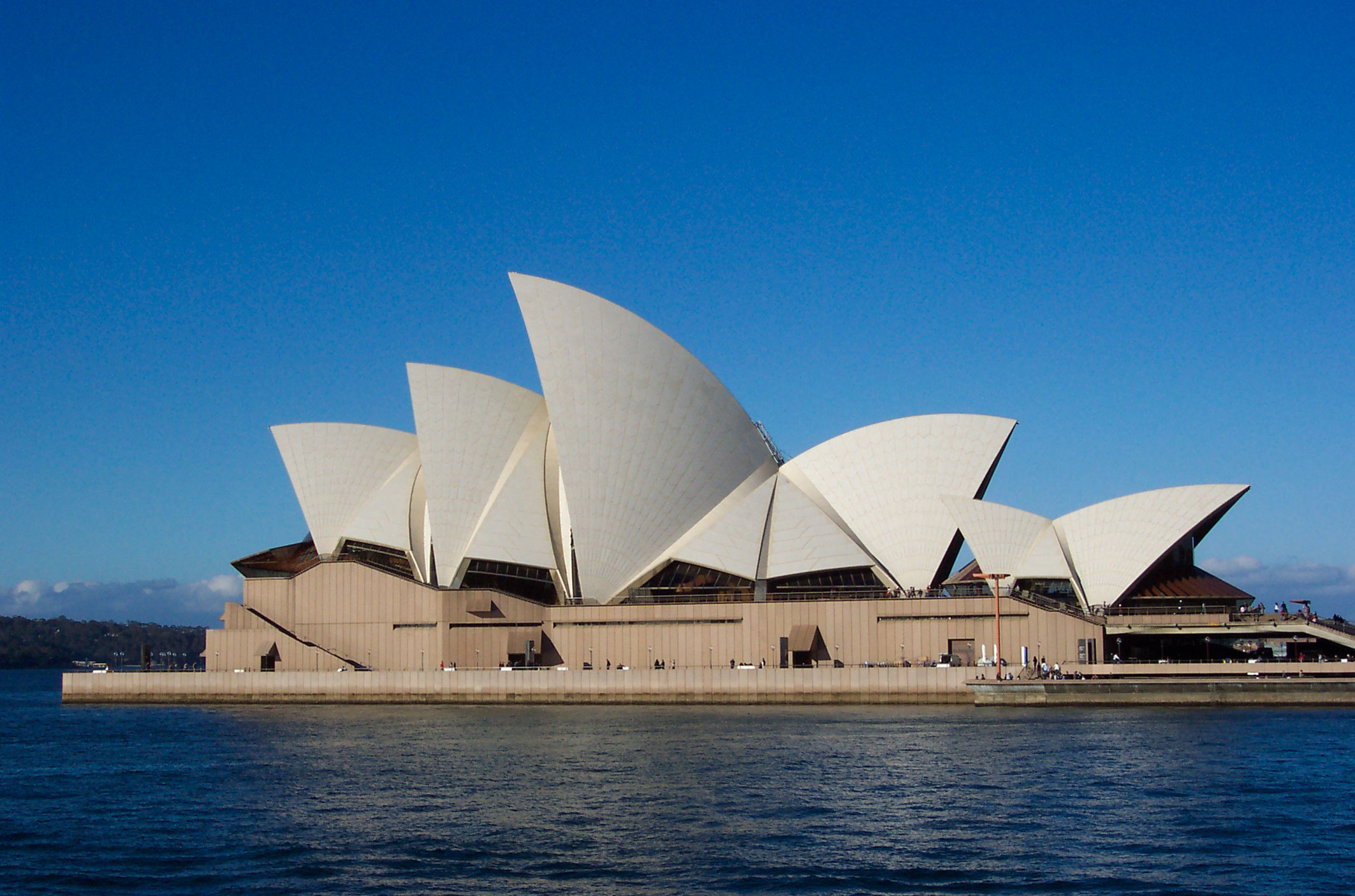|
1973 Portuguese Legislative Election
Parliamentary elections were held in Portugal on 28 October 1973. Nohlen, D & Stöver, P (2010) ''Elections in Europe: A data handbook'', p1542 After the only opposition party withdrew from the election, the People's National Action (ANP) was the only list to contest the election, winning all 150 seats. The 1973 election would be the last held under the Estado Novo, as five months later, the Carnation Revolution would bring down the regime. In 1975, the Constituent Assembly of Portugal was elected in the first democratic elections since 1925. Electoral system The electoral system, constitutionally amended in 1971, maintained the National Assembly to be elected through plurality voting with semi-open party list in 22 constituencies, with all seats of a constituency going to a sole victor. Voters were formally allowed to strike out individual names. The Chamber of Corporations, consisting of 200 members or more, was appointed by the government following its re-endorsement by the ... [...More Info...] [...Related Items...] OR: [Wikipedia] [Google] [Baidu] |
Assembly Of The Republic (Portugal)
The Assembly of the Republic (Portuguese: ''Assembleia da República'', ), commonly referred to as simply Parliament (Portuguese: ''Parlamento''), is the unicameral parliament of Portugal. According to the Constitution of Portugal, the parliament "is the representative assembly of all Portuguese citizens". The constitution names the assembly as one of the country's organs of supreme authority. It is located in a historical building in Lisbon, referred to as '' Palácio de São Bento'' (Palace of Saint Benedict), the site of an old Benedictine monastery. The ''Palácio de São Bento'' has been the seat of the Portuguese parliaments since 1834 (Cortes until 1910, Congress from 1911 to 1926 and National Assembly from 1933 to 1974). Powers and duties of the Assembly The Assembly of the Republic's powers derive from its ability to dismiss a government through a vote of no confidence, to change the country's laws, and to amend the constitution (which requires a majority of two-thirds). ... [...More Info...] [...Related Items...] OR: [Wikipedia] [Google] [Baidu] |
Portuguese Guinea
Portuguese Guinea ( pt, Guiné), called the Overseas Province of Guinea from 1951 until 1972 and then State of Guinea from 1972 until 1974, was a West African colony of Portugal from 1588 until 10 September 1974, when it gained independence as Guinea-Bissau. Slave trade The Portuguese Crown commissioned its navigators to explore the Atlantic coast of West Africa in the 1430s, to find sources of gold. At that time the gold trade was controlled by Morocco. Muslim caravans across the Sahara also carried salt, kola, textiles, fish, grain, and slaves. The navigators first passed the obstruction of Cape Bojador in 1437 and were able to explore the West African coast as far as Sierra Leone by 1460 and colonize the Portuguese Cape Verde, Cape Verde islands beginning in 1456.C.R. Boxer, (1977). The Portuguese seaborne empire, 1415–1825, pp. 26–7, 30 London, Hutchinson & Co. The gold ultimately came from the upper reaches of the Niger and Volta Rivers and the Portuguese crown wanted ... [...More Info...] [...Related Items...] OR: [Wikipedia] [Google] [Baidu] |
1973 Elections In Europe
Events January * January 1 - The United Kingdom, the Republic of Ireland and Denmark 1973 enlargement of the European Communities, enter the European Economic Community, which later becomes the European Union. * January 15 – Vietnam War: Citing progress in peace negotiations, U.S. President Richard Nixon announces the suspension of offensive action in North Vietnam. * January 17 – Ferdinand Marcos becomes President for Life of the Philippines. * January 20 – Richard Nixon is Second inauguration of Richard Nixon, sworn in for a second term as President of the United States. Nixon is the only person to have been sworn in twice as President (First inauguration of Richard Nixon, 1969, Second inauguration of Richard Nixon, 1973) and Vice President of the United States (First inauguration of Dwight D. Eisenhower, 1953, Second inauguration of Dwight D. Eisenhower, 1957). * January 22 ** George Foreman defeats Joe Frazier to win the heavyweight world boxing championship. ** A ... [...More Info...] [...Related Items...] OR: [Wikipedia] [Google] [Baidu] |
1973 Elections In Portugal
Events January * January 1 - The United Kingdom, the Republic of Ireland and Denmark 1973 enlargement of the European Communities, enter the European Economic Community, which later becomes the European Union. * January 15 – Vietnam War: Citing progress in peace negotiations, U.S. President Richard Nixon announces the suspension of offensive action in North Vietnam. * January 17 – Ferdinand Marcos becomes President for Life of the Philippines. * January 20 – Richard Nixon is Second inauguration of Richard Nixon, sworn in for a second term as President of the United States. Nixon is the only person to have been sworn in twice as President (First inauguration of Richard Nixon, 1969, Second inauguration of Richard Nixon, 1973) and Vice President of the United States (First inauguration of Dwight D. Eisenhower, 1953, Second inauguration of Dwight D. Eisenhower, 1957). * January 22 ** George Foreman defeats Joe Frazier to win the heavyweight world boxing championship. ** A ... [...More Info...] [...Related Items...] OR: [Wikipedia] [Google] [Baidu] |

